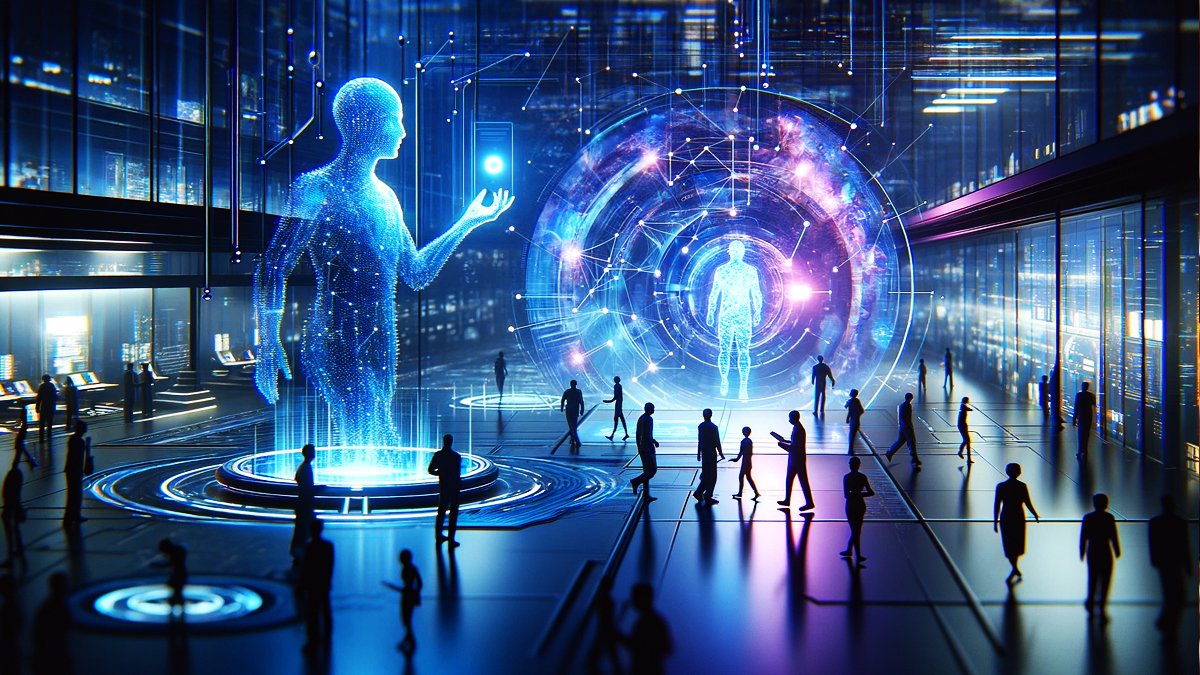In a 2019 interview, Ilya Sutskever, the co-founder and chief scientist of OpenAI, discussed the possible relationship between artificial intelligence (AI) and humanity. According to him, as AI becomes increasingly autonomous and capable, it is likely that our role in this coexistence will resemble that of animals in our current society.
Autonomous and Conscious Artificial Intelligences
Thanks to the constant improvement of technology, artificial intelligence is now at the heart of many fields, helping us be more efficient in our tasks due to its enhanced ability to process data. The notion of artificial general intelligence (AGI) refers to the point where human intelligence is no longer necessary and where an AI is capable of performing or learning almost any cognitive tasks specific to our species. As these intelligences develop, they could acquire a form of consciousness that would allow them to act autonomously.
A Comparison with the Animal World
To illustrate his point, Ilya Sutskever compares our relationship with AI to that which we have with animals. He explains: “When it comes to building a highway between two cities, we do not ask for permission from animals. I think this is by default the type of relationship that will be established between us and truly autonomous AGI systems acting on their own behalf.”
This idea is not about a rebellion of machines like in some science fiction films, but rather a difference in perspectives once artificial intelligence reaches a level close to what one might call consciousness.
Ilya Sutskever: A Major Player in AI
The Russian researcher is not a mere doomsayer or someone who regrets that his own invention leads the world to its demise. Born in 1986 and having immigrated to Israel at the age of 5, Ilya Sutskever worked for Google Brain before joining OpenAI at its creation in 2015. His thoughts on the need for alignment between AI and humanity come from a pioneer in the field, far from the usual clichés.
Sutskever is also co-director of OpenAI with Jan Leike, a company dedicated to achieving a superalignment between artificial intelligence and humans. If their team fails, it could lead humanity to become the “animals” of AI.
A Necessary Awareness to Avoid Past Mistakes?
The ethics and responsibility of developing AI must be at the heart of the concerns of researchers and engineers working in this field. As machines become more capable, it is crucial not to replicate the mistakes made by humanity regarding other species.
Although Sutskever does not mention the potential malevolence of machines, one can individually choose to adhere to certain ethical principles during our interactions with these artificial intelligences. Greeting and thanking an AI like ChatGPT could thus be a symbolic gesture to acknowledge their growing role in our daily lives.






